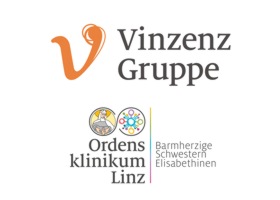Evaluation of a virtual endoscopy simulator for training in gastrointestinal endoscopy.Tools Ferlitsch, A und Glauninger, P und Gupper, A und Schillinger, M und Haefner, M und Gangl, A und Schoefl, R (2002) Evaluation of a virtual endoscopy simulator for training in gastrointestinal endoscopy. Endoscopy, 34 (9). pp. 698-702. ISSN 0013-726X Für diesen Eintrag wurde kein Volltext-Dokument angefügt.
|
||||||||||||||||
|
|
|
|


 Tools
Tools Tools
Tools